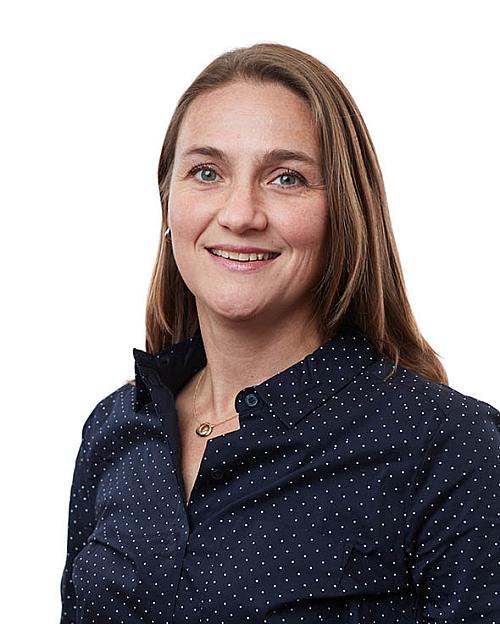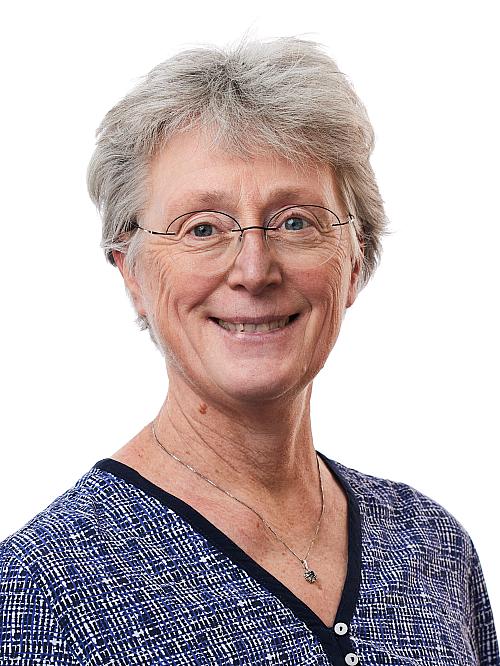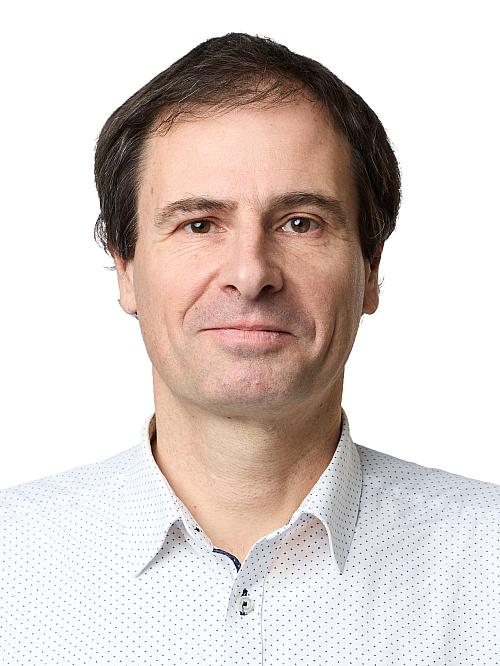Lighting is adapted to people's activityin new research study
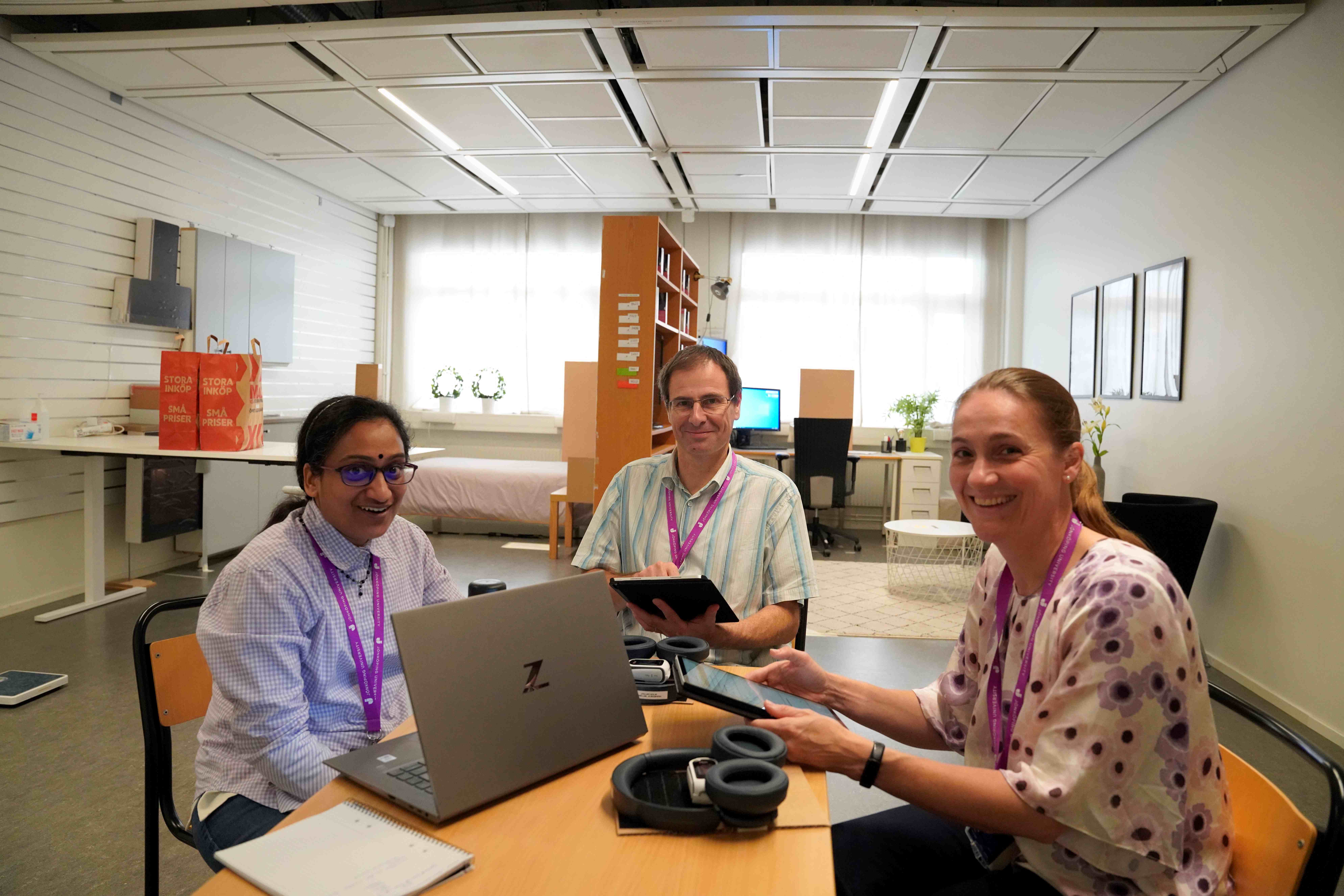
RatnaKala Sithravel, Jérôme Landré and Myriam Aries in the furnished laboratory at the School of Engineering.
Can presence sensors adjust the lighting according to whether a person is calm or stressed and even indicate if someone is sick and needs help? This is investigated in the research study DOSE at the School of Engineering (JTH) at Jönköping University (JU).
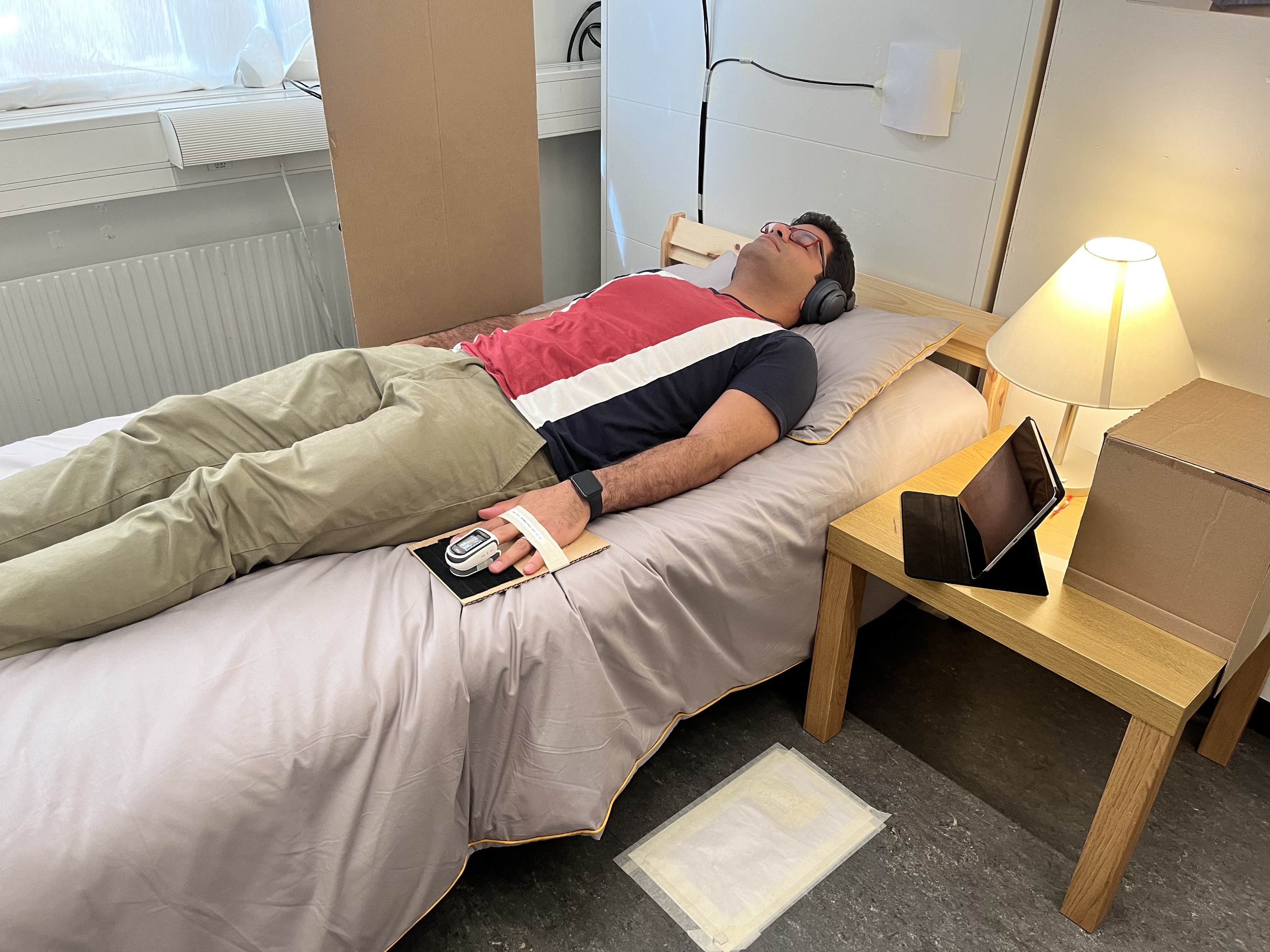.png)
70 people have participated in the research study. At this station, their breathing and heart rate were measured while resting.
The research study is called "Daylight and Occupancy Sensing Environments" (DOSE). The goal is to improve the use of energy-efficient, smart lighting systems in Swedish homes to minimize residential energy consumption via the use of sensors. Addtionally, the research team also aims to support the users' safety, comfort, health, and well-being.
“In addition to saving energy, we investigate if sensors can measure the breathing of a person so that the lighting is adapted according to whether the person is stressed and needs to be calmed down or if the breathing is irregular and the person needs (medicine) care, says Myriam Aries, Professor Lighting Science at JTH and project leader within DOSE.
Besides homes, the sensors could also be used in, for example, offices, schools, hospitals, and nursing homes . In a classroom, the lighting could be brightened if the children are perceived as tired or dimmed if the children are overactive.
Laboratory furnished like an apartment
The average Swedish home is not that spacious and application of presence sensors that are currently on the market would detect a person somewhere in the home and turn on many light sources. Therefore, presence sensing is tested for short distances.
A laboratory at JTH has been furnished like an apartment and equipped with the different types of presence sensors.
“After industries, small homes (average living space of 42 square meters per person) use the most energy in relation to their size in Sweden. We have tried to imitate what it looks like in smaller Swedish “apartments” in setting up this test lab, says RatnaKala Sithravel, Postdoc at JTH and researcher within DOSE.
70 people participated in the research study. They have done three tasks in the "apartment" while the sensors detected their presence and breathing. They sorted groceries into kitchen cabinets, laid on a bed while listening to music and sat and watched emotional video clips.
Reactions to different breathing techniques
Anita Hurtig Wennlöf, Professor of clinical physiology at the School of Health and Welfare at JU, is co-researcher within the project. She was fascinated by the high percentage of data the sensors collected from the test subjects and points out that the technical parts have worked well. She finds it interesting how the sensors react to different breathing techniques and how they changed when the test subjects watched the video clips. Among other things, they got to see videos of natural landscapes, a laughing toddler, an athletics competition, and a traffic accident caused by a driver texting while driving.
“We had to have emotional films to explore if it would affect the breathing. It will be very exciting to see if these shifts in mood and activity levels also produce systematic changes in breathing patterns. Then it will be a first step towards using changes in breathing to categorize moods and levels of effort,” says Anita Hurtig Wennlöf.
Small steps forward
Myriam Aries points . Therefore, she finds it difficult to say when this technology will reach the market.
“We take the research results from DOSE into new projects. We are taking small steps forward and it would be fantastic if our students could be involved in developing this technology,” she says.
The DOSE project started in January 2022 and runs until December 2023.
Read more about the Dose project and other research on smart lighting here
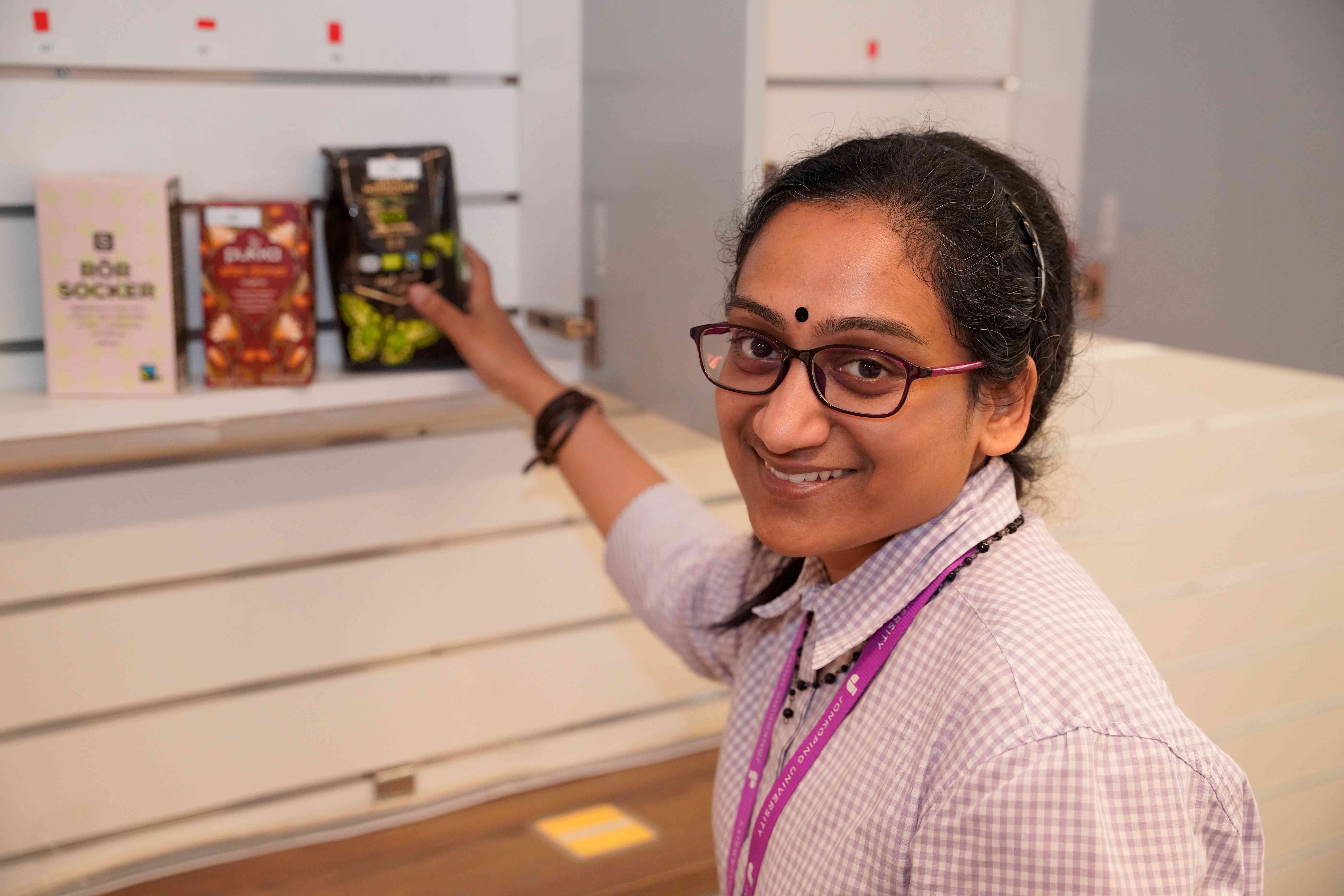
RatnaKala Sithravel thinks it was fun and interesting to see the participants doing the experiment, like when they sorted groceries in the kitchen section.
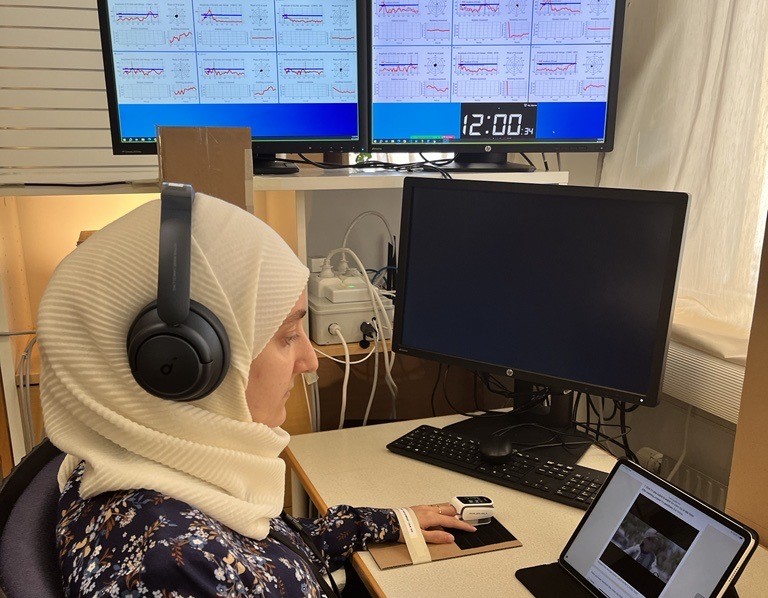
Emotional film clips caused changed breathing patterns.
- Professor Lighting Science
- School of Engineering
- myriam.aries@ju.se
- +46 36-10 1522
- Professor Biomedical Laboratory Science Clinical physiology
- School of Health and Welfare
- anita.wennlof@ju.se
- +46 36-550 2461
- Assistant Professor
- School of Engineering
- jerome.landre@ju.se
- +46 36-10 1462



